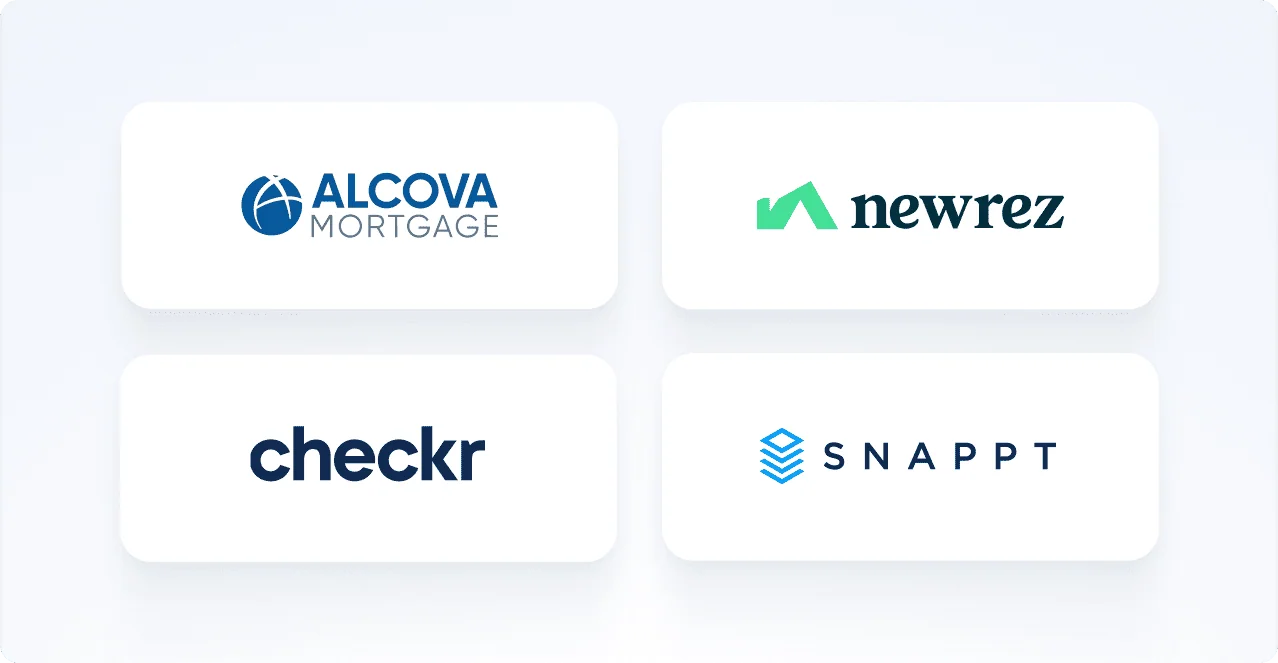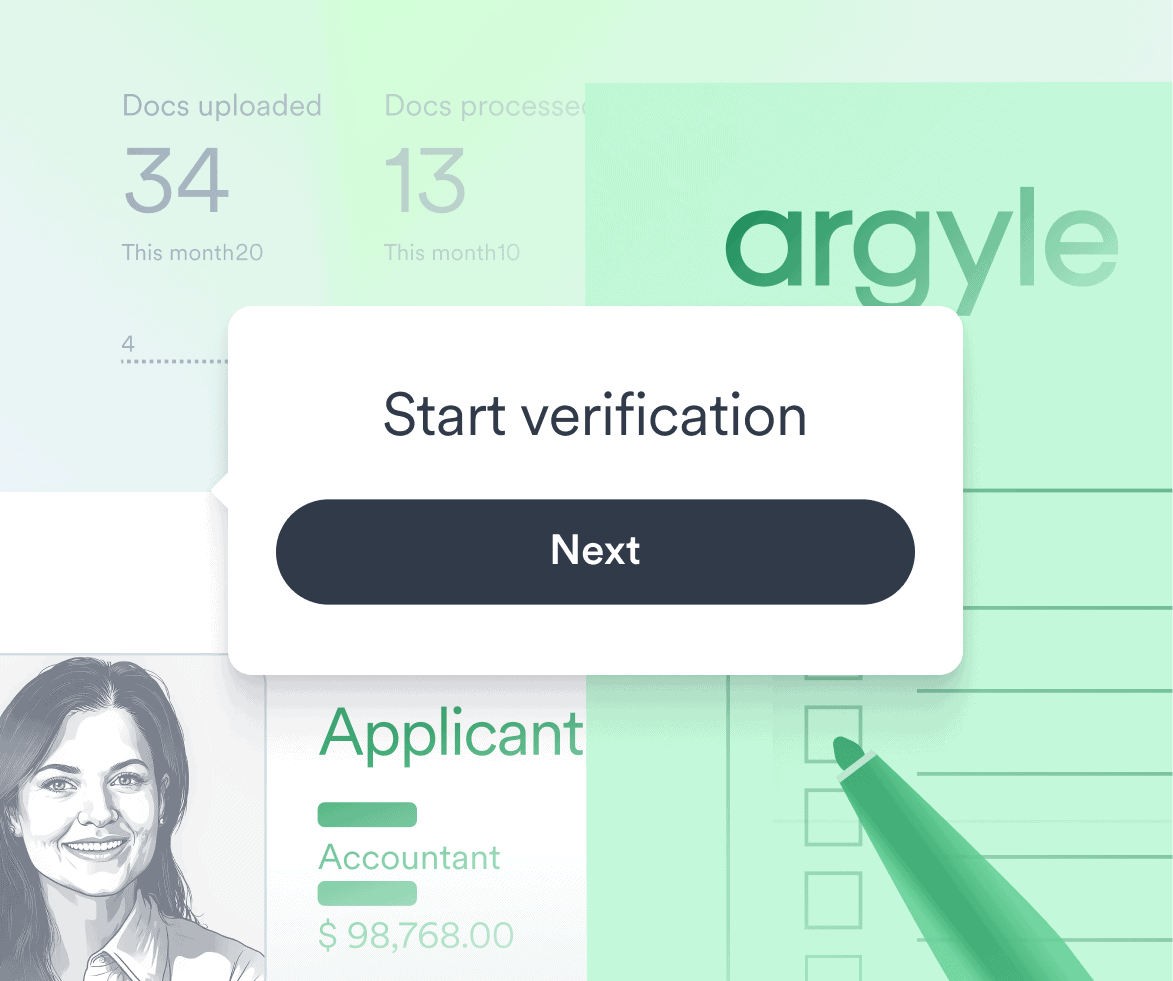Democratizing data means providing everyone ongoing access to their own data, no matter their technical know-how. At Argyle, we’re on a mission to democratize access to employment records allowing more people than ever before access to financial services like mortgages.
Here’s a look at how we enable access to a dataset that, for too long, has gone unstandardized, unregulated, and controlled by corporations instead of consumers, contributing to system-wide inequalities.
What’s the big deal with employment data? In short: it’s a bedrock of the financial system

More attention is being paid to employment records than ever before. From A16z’s “The Promise of Payroll APIs” to Alex Johnson’s “Payroll Data + Fintech,” players in the fintech space are starting to grasp how beneficial employment data can be for building the next generation of inclusive finance.
That’s because most activities at the core of the financial system—from applying for a mortgage to accessing credit—depend on an employment-based dataset.
In practical terms, that means that consumers’ access to financial security and upward mobility is dependent on their access to and control over their own employment records and how easily they can share those records with financial institutions.
As with most things in life, some consumers have it easier in this regard than others, which compromises their ability to get ahead. For example, many financial institutions are unable to fit nontraditional workers to their standard underwriting models, because multiple, fluctuating income streams make it harder to verify income. As a result, nontraditional workers are shut out from many financial products and struggle to build the credit history they need to succeed, adding to system-wide financial inequalities. Our data shows that consistent work is a better indicator of someone’s ability to repay than their credit score. Argyle enables more workers with varied backgrounds to demonstrate this reliability to pay back obligations.
How employment data democratization promotes an inclusive financial system

Unlocking access to employment records and modernizing the system for sharing that data can help level the playing field for people of diverse working backgrounds, including the gig workers, freelancers, independent contractors, and shift-based employees who make up the majority of the U.S. working population.
By enabling more workers with varied backgrounds to share their employment data with financial institutions, Argyle is helping them demonstrate the consistency of their work and stability of their earnings. In effect, we are affording them the opportunity to prove their ability to pay, opening up a world of financial services in the process.
With the help of technology solutions like Argyle, consumers are empowered to exercise ownership over the information stored in their employment records, rightfully reclaiming it from the corporations that have long been collecting and monetizing their private data.
All in service of our mission
At Argyle, we recognize that employment data is owned by the individual it represents. In building the leading employment data platform, we’ve democratized a dataset that has been monopolized by credit bureaus and corporations for 70 years, enabling innovative companies to provide better products to their users. But our real responsibility is to our users, and our end goal is simple and in service of them: to help all workers—gig, independent, and salaried—leverage the power of their employment data to seek more financial freedom and opportunity.
Learn how Argyle acts as a Data Transfer Agent to help users exercise their data ownership rights.









